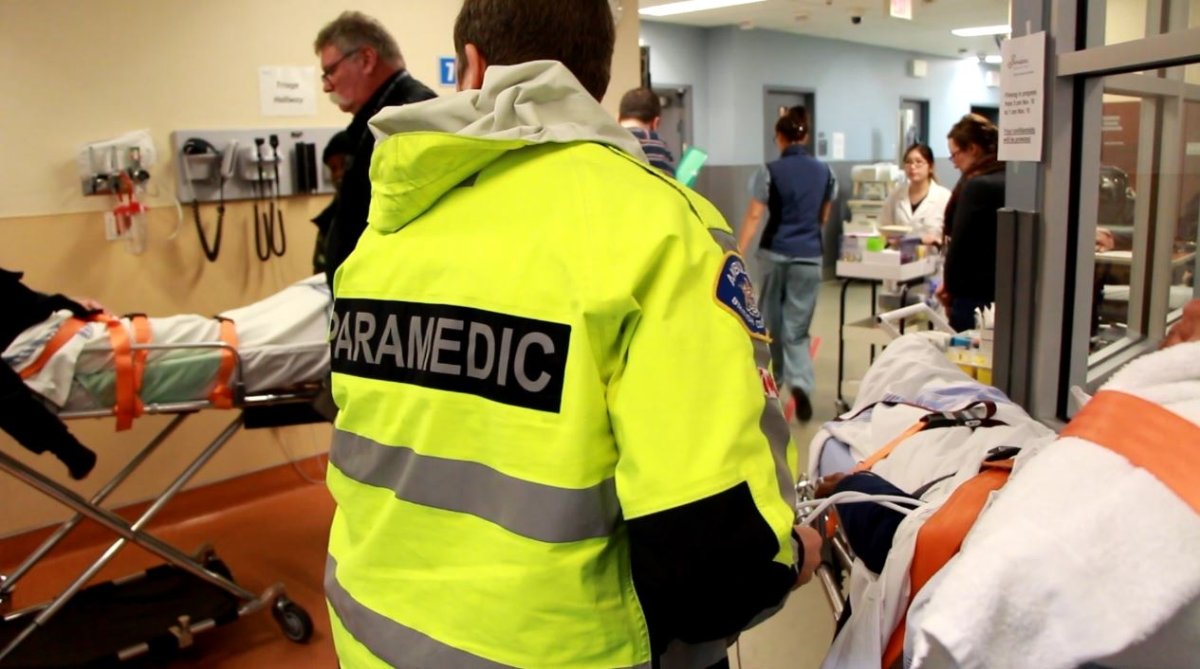Vancouver Mayor Gregor Robertson is renewing his call for the decriminalization of hard drugs amid skyrocketing opioid overdose deaths.

On Wednesday, Robertson released a statement calling for the move, amid word from the federal government that an estimated 4,000 people lost their lives to overdoses last year.
On Thursday, he joined CKNW’s Lynda Steele Show to explain why he thinks B.C. and Vancouver need to buck federal law on the issue.
“What we’re talking about there is making sure anyone with an opioid addiction is able to access safe clean drugs,” Robertson said.
“So it’s making sure we’re not arresting people for possession of an opioid that they’re addicted to.”
Robertson pointed specifically to the drug hydromorphone, better known as dilaudid, which he said should be prescribed or made available to addicts in order stamp out the supply of toxic, fentanyl-laced street drugs.
The BC Centre for Disease Control (BC CDC) is working on a pilot project that would allow hydromorphone tablets to be dispensed from vending machines. A spokesperson told Global News that the pilot was at least a month away from launching.
WATCH: BC CDC proposed drug vending machines

Robertson took pains to differentiate the decriminalization model he is advocating from the legalization of all drugs, saying it needs to be wedded to a system of treatment and prevention, and approached as part of the health care system.
But he said both the city and the province needed to be willing to take “bold” steps in the face of what he described as a lack of leadership from the federal government.
“We need to get to these next steps. Regardless of what the federal law is right now, we have to be saving lives first and foremost,” he said.
Asked specifically what Vancouver police should do, with criminal drug laws still on the books, Robertson said officers are already doing “very little enforcement” around possession and are focused on violent crime.
“They’re well aware of how brutal this crisis is. They’re dealing with all of the people who are dying, they have to be there and deal with the aftermath,” Robertson said.
“I think they’re very clear, and the chief is very clear that we need a new approach here that make sure these toxic drugs aren’t killing people.”
WATCH: Free heroin for drug users

Earlier this week, the federal government announced it would table legislation to make it easier for heroin to be prescribed outside of a hospital setting.
Currently, Vancouver’s Crosstown Clinic is the only place offering clean heroin to addicts.
B.C.’s new chief provincial health officer Bonnie Henry and the BC CDC have both publicly supported the move toward the decriminalization of drug users.
More than 1,400 people died of drug overdoses in B.C. last year.
In Vancouver alone, one person died for every day in the year.
- Capital gains changes are ‘really fair,’ Freeland says, as doctors cry foul
- Ontario doctors offer solutions to help address shortage of family physicians
- ‘Dangerous message’: Experts slam anti-sunscreen claims circulating online
- ‘Trying not to die’: Tourism operators loaded with debt despite rising demand








Comments